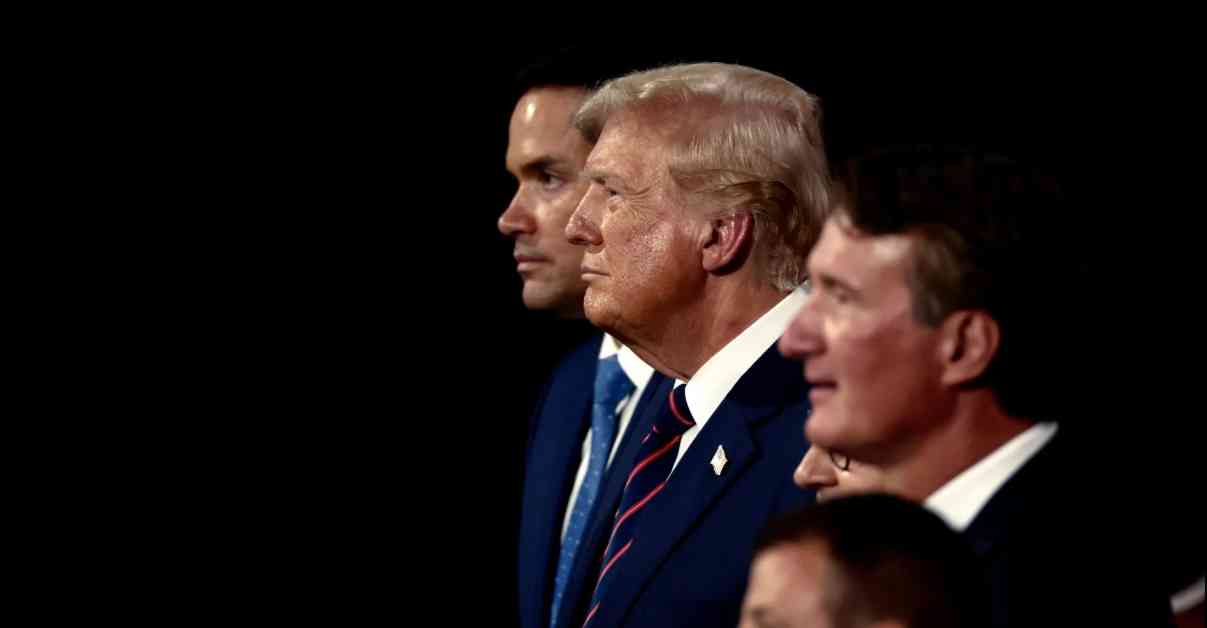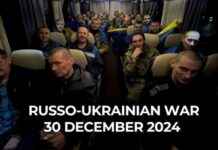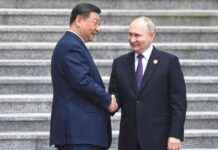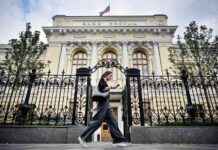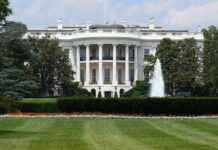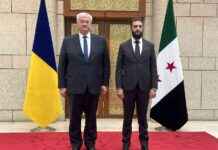Senior members of the Trump administration are embarking on a significant journey to Saudi Arabia to engage in peace talks with Russian and Ukrainian negotiators. This unexpected initiative has garnered attention, especially with the inclusion of Ukrainian representatives, despite prior statements from President Volodymyr Zelenskyy indicating that Ukraine had not received an invitation.
The US delegation, reportedly consisting of National Security Adviser Mike Waltz, Secretary of State Marco Rubio, and Middle East envoy Steve Witkoff, is set to convene in Saudi Arabia. However, it is noteworthy that Ukraine-Russia special envoy Keith Kellogg will not be present at these crucial discussions. President Donald Trump has confirmed intentions for direct engagement with Russian President Vladimir Putin, emphasizing the importance of seeking resolution through dialogue.
In a recent statement to reporters, Trump expressed his optimism by saying, “We’ll meet in Saudi Arabia, see if we can get something done.” This stance was further reinforced by Texas Republican Mike McCaul during an interview at the Munich Security Conference, where he disclosed that Waltz and Witkoff would be accompanying Rubio for the talks in Saudi Arabia. McCaul emphasized the President’s commitment to fostering peace while underscoring the necessity of involving Ukrainian representatives in the negotiation process.
Despite the apparent progress towards peace, European allies have voiced concerns over their exclusion from the discussions. German Chancellor Olaf Scholz highlighted the paramount importance of securing Ukraine’s sovereignty for any peace agreement to be viable. This sentiment was echoed by President Zelenskyy, who remains cautious about Putin’s credibility and intentions, emphasizing his distrust of the Russian leader during the conference.
The peace talks have unfolded against a backdrop of controversial developments, including reports of a proposed exchange of rare earth minerals for continued US military support to Ukraine. Additionally, US Defense Secretary Pete Hegseth’s statements ruling out Ukraine’s NATO membership and the deployment of American or NATO forces in any future peacekeeping mission have added complexity to the negotiations, although there have been subsequent clarifications on these positions.
Implications for Global Stability
Amid the evolving dynamics of international relations, the outcome of these peace talks holds significant implications for global stability. The diplomatic engagement between the US, Russia, and Ukraine in Saudi Arabia underscores the complex interplay of political interests and regional dynamics that shape the geopolitical landscape. As key stakeholders converge to seek common ground and navigate divergent interests, the world watches with bated breath, hoping for a breakthrough that could usher in a new era of peace and cooperation.
Challenges and Opportunities Ahead
Navigating the intricate web of geopolitical challenges and opportunities presents a formidable task for all parties involved in the peace talks. The delicate balance of power, competing interests, and historical grievances must be carefully addressed to pave the way for lasting peace and stability in the region. As negotiations unfold in Saudi Arabia, strategic maneuvers, diplomatic finesse, and a spirit of compromise will be essential to overcome obstacles and seize opportunities for constructive dialogue and mutual understanding.
As the world awaits the outcome of these high-stakes negotiations, the path to peace remains fraught with uncertainties and complexities. However, the shared commitment to dialogue and diplomacy offers a glimmer of hope in a turbulent world, where the quest for peace transcends borders and ideologies. In the words of President John F. Kennedy, “Let us never negotiate out of fear. But let us never fear to negotiate.”
